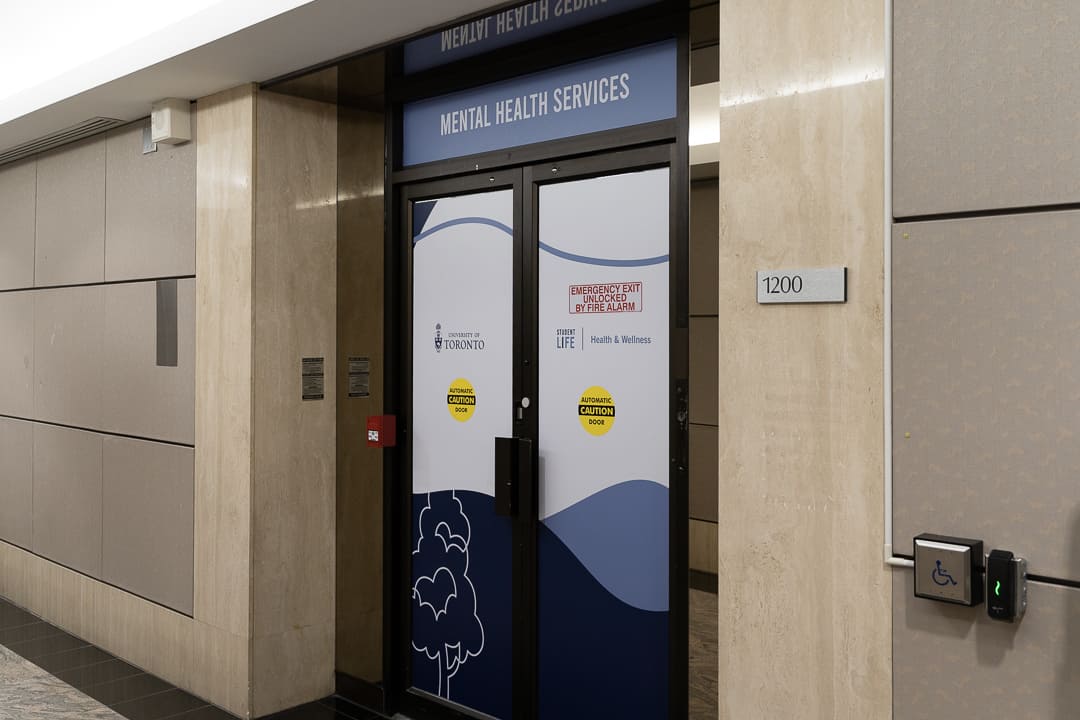U of T has made considerable progress over the past three years to improve student mental health and well-being supports. The improvements made through the Provostial Task Force targeted all three campuses and focused on student services at a macro level.
However, the smaller-scale services, such as those offered through U of T’s colleges, should be given more attention. College-based services have the ability to focus on student issues in a targeted, personal, and accessible manner.
On October 21, Victoria College hosted the annual Minding our Minds conference. The conference was made up of several presentations, including two keynote speakers: Victoria College’s President Rhonda McEwan and psychiatrist David Gratzer from the Centre for Addiction and Mental Health.
In addition, the conference included a student panel where students had the opportunity to discuss their ideas on the intersectionality of technology, COVID-19, and mental health during a fireside chat with Kelley Castle, the dean of students at Victoria College. A few discussion points arose during this conference that should be considered by all of U of T’s colleges and faculties.
Students addressed the issue of mental health services being difficult to approach. Although supports do exist, students may still feel barriers from accessing them. Even when supports are accessible, they still require students to make initial contact and work through a series of steps prior to accessing the service.
For example, U of T’s “same-day” counselling service requires phone calls to Mental Health and Wellness and filling out forms before any accessible service. For some students, it is easy to see how a process like this could be daunting or even a potential barrier to them receiving service.
During the Minding our Minds conference, an important point was raised: a simple strategy to make mental health service more accessible and effective would be by further promoting the role of the registrar as a point person for navigating mental health services.
Students also discussed why they may be slow to approach official services in contrast to the unofficial support of their peers. Although official support, or support that can be offered by approaching faculty, may be most effective in meeting a student’s needs, students are often wary of bringing mental health issues to authority figures.
In order for students to feel more secure, it needs to be made clear to them that they can access mental health support in a way that feels comfortable and confidential. Focusing on college-level services could help to provide students with a sense of comfort and small-scale environments. These factors should in turn guide students to the most appropriate services to address their needs.
Jocelyn Mattka is a second-year student at Victoria College. She is double majoring in criminology and sociolegal studies and sociology.


